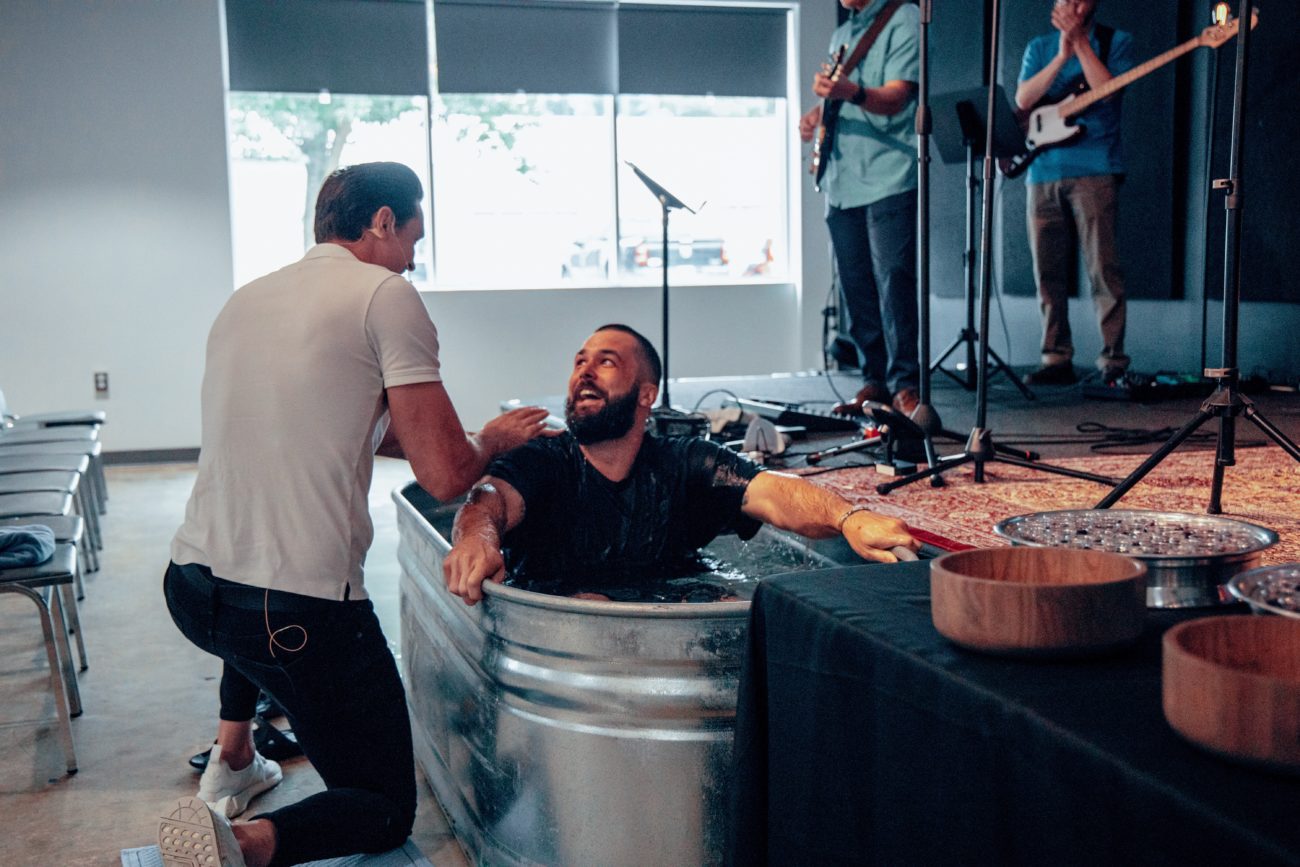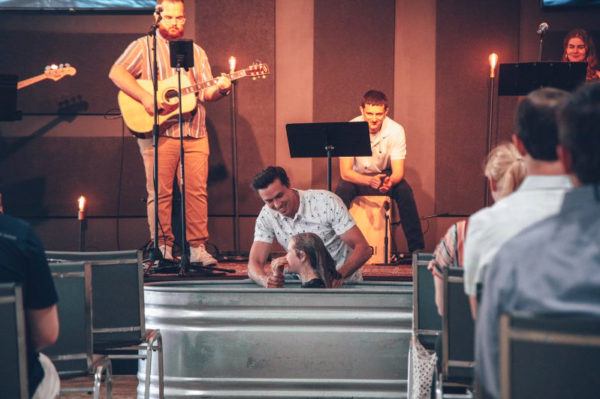Preach Expositionally While Addressing Cultural Needs

Throughout January, BaptistLIFE is featuring articles written about or by Arundel Baptist Network (ABA) pastors, staff, and lay leaders.
Five Years of Preaching: An Encouragement to Preachers
At Citizens Church (CC), where I serve as preaching pastor, we are celebrating our fifth anniversary this month. Looking back, there is one galvanizing process of learning that I am ever grateful for, yet remain in: how to preach expositionally, verse by verse, without missing the culture of the congregation.
Preacher, God has you in a time and place, with a certain congregation and the immediate next passage. How do we maximize the hidden potential that exists between these?
Expositional vs. cultural focus: is it either/or?
See, it’s possible to excessively favor one to the detriment of the other. I have found I might preach a strong exegetical sermon that would be considered “solid” but would miss the demand of the cultural moment or neglect to fill the open, willing hearts of the congregation. At other times, I have favored the context and congregation and preached a highly relevant sermon yet lost the integrity of the passage I was preaching.

Nickerson baptizes Elsie, a college student (submitted photo).
So how do we find the sweet spot in preaching? It is possible to settle into a preaching posture that honors the culture and the Word while maximizing the potential of both. Surprisingly, an ancient voice addressed this modern issue. Athanasius of Alexandria was a church father in the third century A.D. His ministry was marked by his defense of the literal, bodily incarnation, and his observations concerning the incarnation provide a framework for powerful preaching.
“The Word of God, takes to Himself a body, and as man walks among men and meets the senses of all men halfway … So, men as they were, and human in all their thoughts, on whatever objects they fixed their sense, there they saw themselves met halfway, and taught the truth from every side… for if they looked with awe upon creation … or if their mind was swayed toward men, so as to think of them gods … the Savior alone among men appeared Son of God; for there were no such works done among the rest as have been done by the Word of God. Or if they were biased towards evil spirits, even yet seeing them cast out by the Word, they were to know that He alone, the Word of God, was God, and that the spirits were none. Or if their mind had already sunk even to the dead, so as to worship heroes … yet seeing the Savior’s resurrection, they were to confess them to be false gods, and that the Lord alone is true … For this cause He was both born and appeared as man, and died, and rose again, dulling and casting into the shade the works of all former men by His own, that in whatever direction the bias of men might be, from thence He might recall them, and teach them of His own true Father” (St. Athanasius, On the Incarnation, Acheron Press, 32).
According to Athanasius, the incarnation demonstrates that God does not ignore culture or desire. Instead, He – the Word – meets it head-on as He meets man “halfway.” Thus, revealing the shortcomings of both and ultimately proving Himself to be all in all, and all else to be the suggestion of the real thing, a shadow of the true substance – which is Him.
The incarnation is the model for highly effective preaching. We bring forth the Word revealed in Scripture and meet men “halfway” to show that whichever “objects they fixed their sense(s)” upon are realized only in God through Christ. This requires both sensitivity to culture and congregation as well as a commitment to the integrity of whatever passage is “up next.”
Practically then, what now? Every congregation is different than the next, but every congregation must be met “halfway.”
My congregation is young, so I find myself speaking to issues of identity and insecurity quite frequently. But maybe you are preaching to older, established parishioners? Or perhaps your church meets in a poor, urban area? Despite the differences, the consistency is that culture will dictate the needs, and whatever is “up next” in the preaching calendar is sufficient to address them.
Take confidence from Athanasius, receive guidance from the incarnation, and meet men “halfway.”
 Joey Nickerson is the planter and preaching pastor of CC in Annapolis. He also serves on the Baptist Convention of Maryland/Delaware’s General Mission Board and is the ABA moderator-elect.
Joey Nickerson is the planter and preaching pastor of CC in Annapolis. He also serves on the Baptist Convention of Maryland/Delaware’s General Mission Board and is the ABA moderator-elect.
